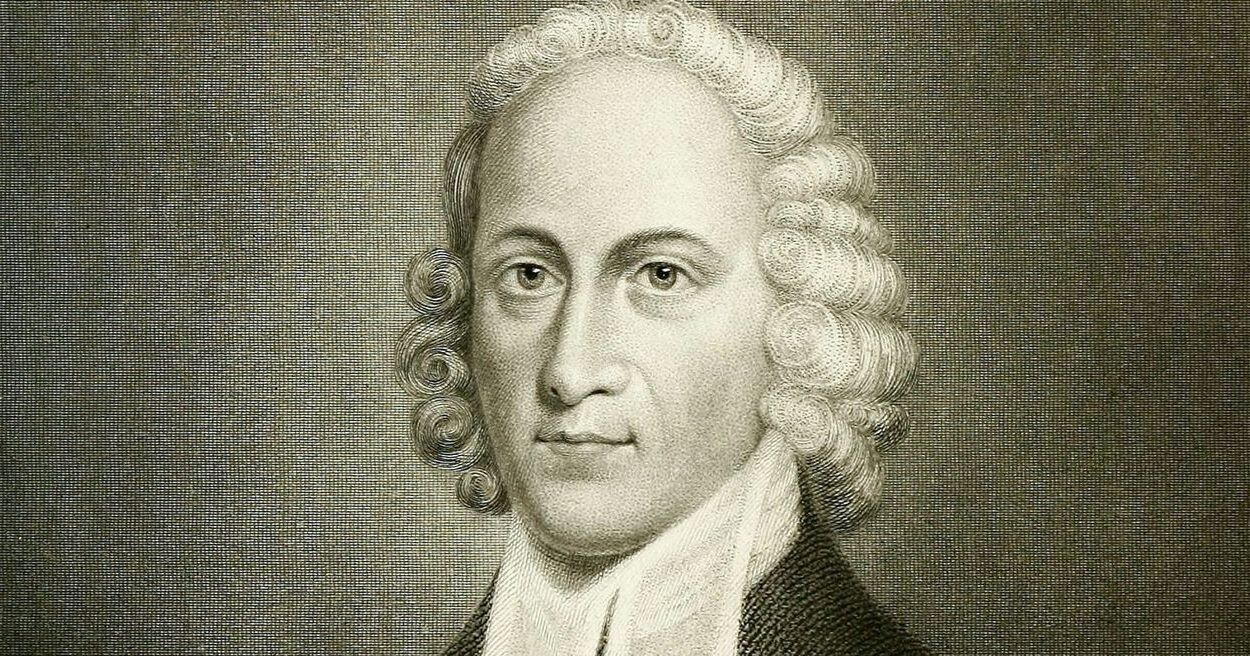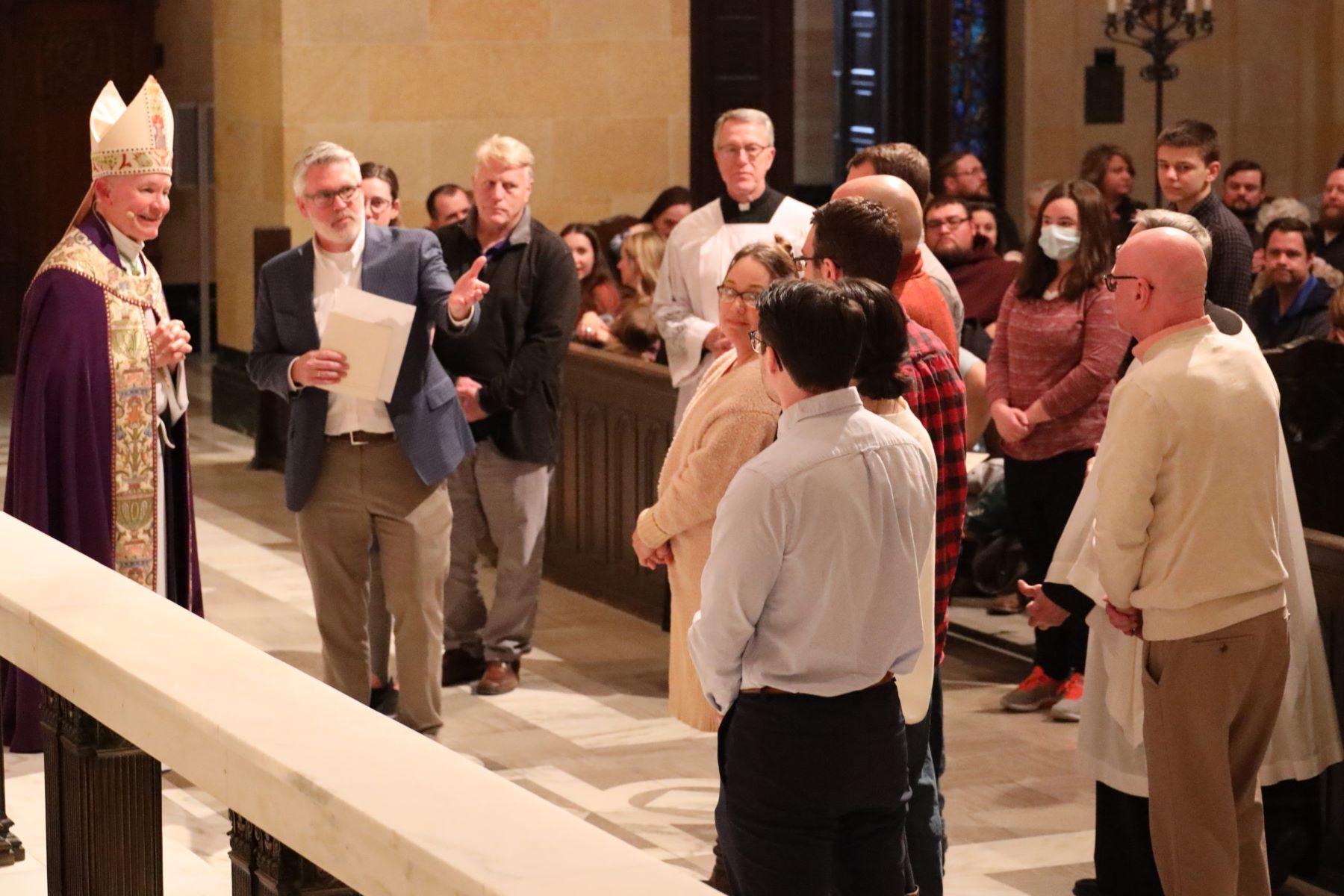
Jonathan Edwards was a prominent preacher, philosopher, and theologian in the 18th century. Known for his fiery sermons and deep intellectual insights, he played a crucial role in shaping the First Great Awakening in America. Born in 1703, Edwards was a child prodigy who entered Yale at just 13 years old. His most famous sermon, "Sinners in the Hands of an Angry God," remains a powerful piece of religious literature. Edwards' influence extended beyond the pulpit, impacting American religious thought and philosophy. Curious about more? Here are 30 facts about Jonathan Edwards that will give you a deeper understanding of his life, work, and legacy.
Early Life and Education
Jonathan Edwards, a prominent figure in American history, has a life filled with fascinating details. Let's dive into some intriguing facts about his early years and education.
- Born on October 5, 1703, in East Windsor, Connecticut, Edwards was the only son among eleven children.
- His father, Timothy Edwards, was a minister, and his mother, Esther Stoddard, was the daughter of a famous preacher.
- Edwards started learning Latin at age six, showcasing his early intellectual prowess.
- By age 13, he entered Yale College, where he graduated as valedictorian in 1720.
- He continued his studies at Yale, earning a master's degree in 1722.
Career and Ministry
Edwards' career and ministry were marked by significant contributions to theology and philosophy. Here are some key moments from his professional life.
- In 1727, he was ordained and became an assistant pastor to his grandfather, Solomon Stoddard, in Northampton, Massachusetts.
- After Stoddard's death in 1729, Edwards took over as the sole pastor of the church.
- He played a crucial role in the First Great Awakening, a religious revival that swept through the American colonies in the 1730s and 1740s.
- His famous sermon, "Sinners in the Hands of an Angry God," delivered in 1741, is still studied today for its powerful imagery and impact.
- Edwards emphasized the importance of personal religious experience and the need for genuine conversion.
Theological Contributions
Jonathan Edwards made significant contributions to theology, influencing many future thinkers. Let's explore some of his key theological ideas.
- He is known for his work on the concept of original sin, arguing that humanity is inherently sinful due to Adam's fall.
- Edwards believed in the absolute sovereignty of God, asserting that God controls all aspects of the universe.
- His book, "Freedom of the Will," published in 1754, argues that human free will is compatible with divine predestination.
- Edwards introduced the idea of "religious affections," emphasizing that true faith involves both the mind and the heart.
- He also wrote extensively on the nature of true virtue, defining it as love for God and others.
Later Life and Legacy
The later years of Edwards' life were marked by continued intellectual pursuits and a lasting legacy. Here are some notable facts about this period.
- In 1750, Edwards was dismissed from his Northampton congregation due to a dispute over church membership requirements.
- He then moved to Stockbridge, Massachusetts, where he served as a missionary to the Housatonic Native Americans.
- During his time in Stockbridge, Edwards wrote some of his most important works, including "The Nature of True Virtue" and "The End for Which God Created the World."
- In 1758, he became the president of the College of New Jersey, now known as Princeton University.
- Unfortunately, Edwards' tenure as president was short-lived; he died of a smallpox inoculation on March 22, 1758.
Personal Life
Beyond his public life, Edwards had a rich personal life filled with interesting details. Here are some facts about his family and personal interests.
- Edwards married Sarah Pierpont in 1727, and they had eleven children together.
- Sarah was known for her deep piety and played a significant role in Edwards' ministry.
- Edwards was an avid reader and had a personal library of over 300 books, a considerable collection for his time.
- He enjoyed nature and often took long walks in the woods, reflecting on God's creation.
- Edwards kept a series of personal journals, where he recorded his thoughts on theology, philosophy, and daily life.
Influence and Impact
Jonathan Edwards' influence extended far beyond his lifetime, impacting various fields and future generations. Here are some ways his legacy continues.
- Edwards is considered one of America's greatest theologians and philosophers, with his works still widely read and studied.
- His ideas influenced the development of American evangelicalism and the modern evangelical movement.
- Edwards' writings on revival and religious experience have shaped the practices of many Christian denominations.
- He is often credited with laying the intellectual groundwork for the American Enlightenment.
- Edwards' descendants include notable figures such as Aaron Burr, the third Vice President of the United States.
The Legacy of Jonathan Edwards
Jonathan Edwards left a lasting mark on American history. His powerful sermons and writings sparked the Great Awakening, a significant religious revival in the 18th century. Edwards' work emphasized personal faith and the importance of a direct relationship with God. His famous sermon, "Sinners in the Hands of an Angry God," remains a classic example of fire-and-brimstone preaching. Beyond his religious influence, Edwards contributed to early American philosophy and theology. His ideas on free will, morality, and the nature of true virtue continue to be studied and debated. Edwards' legacy lives on through his extensive writings and the impact he had on American religious thought. His life reminds us of the power of conviction and the enduring influence one individual can have on society.
Was this page helpful?
Our commitment to delivering trustworthy and engaging content is at the heart of what we do. Each fact on our site is contributed by real users like you, bringing a wealth of diverse insights and information. To ensure the highest standards of accuracy and reliability, our dedicated editors meticulously review each submission. This process guarantees that the facts we share are not only fascinating but also credible. Trust in our commitment to quality and authenticity as you explore and learn with us.


